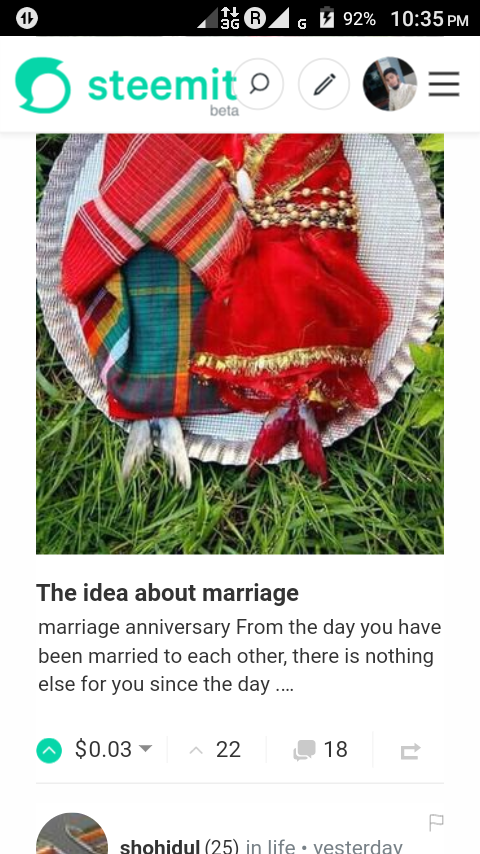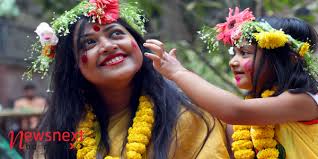Pohela boisakh
 Bengali Sun or Bangla-based Elephant Calendar This calendar is used in Bangladesh and West Bengal of East India, Assam and Tripura. The popularity of the Bengali people came in the seasons due to seasons of South Asia region.
Bengali Sun or Bangla-based Elephant Calendar This calendar is used in Bangladesh and West Bengal of East India, Assam and Tripura. The popularity of the Bengali people came in the seasons due to seasons of South Asia region.
There are two types of Bangaad's introduction. According to the first, King Shashanka of ancient Bengal (Gaur) started the Bangabandh (approximately 590-625 AD). According to the second view, since the introduction of Muslim rule in the sub-continent, the Hijri Seven was used in the state. After the conquest of Bengal by Ikhtiyaruddin Muhammad Bakhtiyar Khilji in 1201, Hijri was used in the state level. During the Mughal Emperor Akbar's reign in Delhi, the present Bangla version is scientifically defined.
Mughal emperor Akbar introduced Bangla to achieve the right to pay rent. He originally ordered to bring reforms in the old calendar. According to the order of the emperor, the renowned astronomer and thinker of Bengal, Fatehullah Siraji, built the rules of new Bengali based on solar year and Arabic hijri. The counting of the Bangla calendar began from 10th March or 11th March 1584. However, the counting system was implemented from Akbar's ascension (5 November, 1556). The name of this name was first known as Krishni Son, later Bangad or Bangla Year. Another source says that before the Muslim period in Bangladesh, there were several types of sons, introduced with Shaka and Shiksha, introduced by Shashanka. Even after Akbar's Bengali calendar was started, it was one of the most popular Calendars in Bangladesh.
Now let's go, about celebrating the New Year. There were several centuries in Muslim pre-Indian India. The first day of the seven years that was in Bengal was the 1st advance. Haiyan means the meaning of a surrender of the year or sun. Once upon a time, during the time of Emperor Akbar, the New Year was celebrated in Bangladesh before the present Bengal Hall. Apart from this, the months of Kartik and Chaitra are also available for the first time as the first month of the year. The festival of Pahela Baishakh begins from the time of Akbar. Then everybody had to pay all the rent, fees and taxes in the last day of the month of Chaitra
The news of the celebration of the modern New Year was first available in 1917. In order to win the victory of the British during the First World War, arrangements were made to celebrate and celebrate the first year of Baishakh. Then in 1938 similarities were reported. Later, in 1967, the practice of the first Baishakh celebrations did not become very popular. In the 1960s, the start of this year's Chayant festival was held in protest of the persecution and cultural terrorism of the Pakistani ruling regime from 1967. "Mangal Sholayatra" from the University of Dhaka's Fine Arts Institute, started from 1989.
